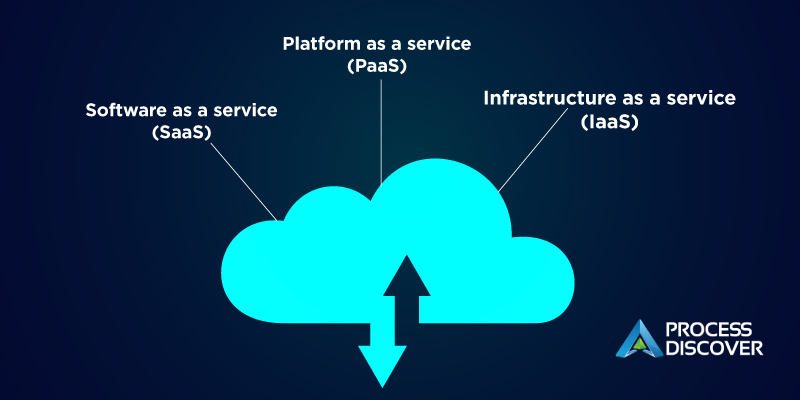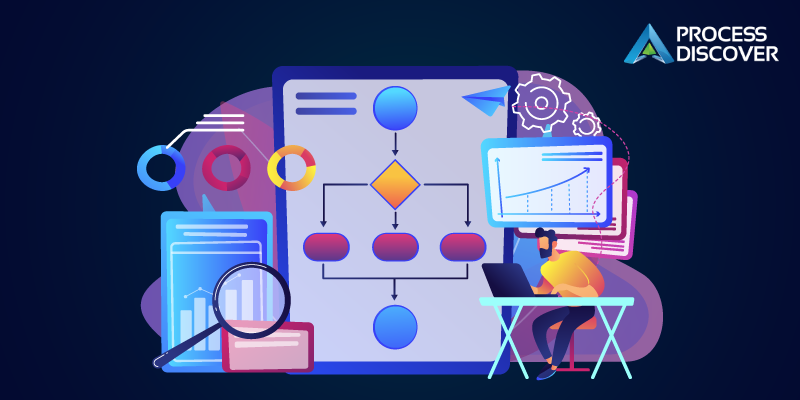Cloud has significantly changed the way of delivering IT services around the globe. Organizations have transferred their workload because of benefits like cost-effectiveness, swift deployment, and scalability.
Cloud has led to a new Business Process Management area known as Business Process Management as a Service (BPMaaS). It is an associate internet-based service that provides a dedicated business process in a cloud-based environment. It falls somewhere between SaaS and PaaS, primarily provides a hard and fast software system service, and helps business users take charge of their processes. BPMaaS also offers hooks so that developers can introduce their own logic.
What is BPMaaS?
BPMaaS stands for Business Process Management as a Service. It optimizes businesses and increases profitability through process engines, process design, and process analytics. It is used to stimulate, automate, and supervise business processes. Cloud-enabled BPM comprises business information, process, and IT resources that help to build a real-time intelligence system based on cloud technology.

Sectors like human resources for recruitment, training, and performance management, sales and marketing, manufacturing (invoice), customer relationship management, and research and development employ BPMaaS.
Business Process Management as a Service (BPMaaS) software, tools, and techniques:
BPM tools are used to improve corporate performance. They provide a road map to manage and optimize a company’s business processes. These tools facilitate modeling, designing, execution, and metering workflows and business rules. The end goal of BPM is to reduce inefficiencies, human error, and miscommunications.
BPM tools include a range of capabilities to assist the core workflow functions:
1. Workflow management:
The organizations can design, test, and implement complex workflows to govern the interactions between systems, data, and employees.
2. Form Generator:
Web-forms are easily built without coding or programming skills.
3. Collaboration:
BPMaaS software supports discussion threads, idea management, and decision management.
4. Business Rules Engine:
The organizations can create a complex set of business rules and terms and conditions as process design and execution.
5. Integrations:
Businesses can use data across systems and interfaces through key integrations.
6. Analytics:
Organizations can define KPIs and metrics and run standard and custom reports.
Use of Business process management as a Service (BPMaaS)
The process is integrated by cloud-based services like:

- Software as a service (SaaS)
- Platform as a service (PaaS)
- Infrastructure as a service (IaaS)
List of software for Business process management as a Service (BPMaaS):
- Processmaker
- Kissflow
- Zoho Creator
- Nintex
- Bizagi
- Bpm’online
BPM performance in 2016 to 2020
Technavio standard report estimated the global BPMaaS market to spike at a CAGR of 38.55% during the period 2016-2020. This comprises the present scenario and the growth aspects of the global BPMaaS market. The hypothesis calculates the market size by considering factors such as the revenue generated from the sales of cloud BPM solutions, including software, and integrated solutions.
Business Process Management as a Service (BPMaaS) Market Segmentation 2020-2024:

1. End-users:
- Banking, Financial Service and Insurance (BFSI)
- Manufacturing
- Retail
- Others
2. Deployment:
- On-premises
- Cloud-based
3. Geographic Landscape:
- APAC
- Europe
- MEA
- North America
- South America
Benefits of BPMaaS
1. Mobility:
BPMaaS solutions allow employees and stakeholders to develop and execute business processes through cloud-based platforms from different locations.
2. Democracy:
An organization or a group of people such as a start-up, small business firms, a corporation, and government agencies, can use BPMaaS to process their business.
3. Flexibility:
BPMaaS facilitates integration through simplified design meaning the companies are not bound to workflows and can change their processes flexibly.
4. Cost-Effectiveness:
An organization can calculate the most effective cost model to deploy and prioritize its cloud process management.
Growth of BPMaaS
According to Technavio, the BPMaaS sector will grow more than USD 24 billion over the next 5 years growing at a CAGR of 31%.
BPM solutions are merged with technologies such as Machine Learning to increase effectiveness and enhance the automation process. This leads to the rise of Intelligent BPM (iBPM). iBPM is one of the crucial BPMaaS market trends influencing the market scenario. They possess additional features such as cloud computing, event processing, interconnected systems, and real-time decision-making. iBPM can automatically connect enterprises with their ERP systems.
Conclusion
In the last decade, manufacturing and supply chains were only unified as linear processes. But the growing necessity for cross-functional association among all business functions has led developers to integrate all major business functions like accounting, finance, marketing and sales, manufacturing, supply, human resource, etc. The automation and process modeling solutions are the key factors for any organization to revamp its business.
BPMaaS delivers complete end-to-end business process management necessary for the creation and consequent management of processes. It distinguishes enterprise cloud computing apart from consumer cloud computing.
The trade has witnessed the next adoption of the on-premise BPM Software System within the last decade. However, raised edges offered by cloud-based solutions have led to a multiplied interest in the on-demand software-as-a-service. The combination of cloud and BPM looks promising in the future.

